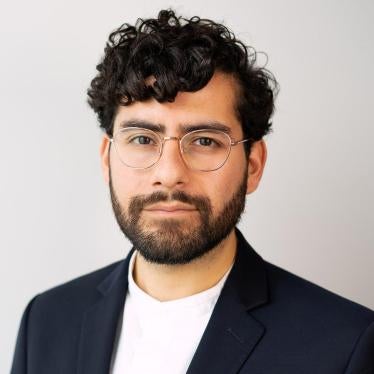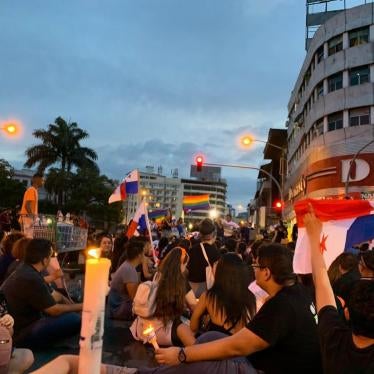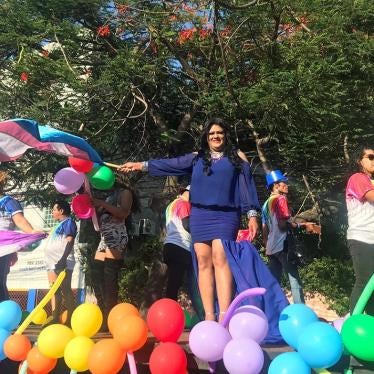In the recent Netflix comedy The First Temptation of Christ, Jesus returns home from the desert to a surprise party. But he is not alone. He is accompanied by his presumed boyfriend.
On January 8, Rio de Janeiro appellate judge Benedicto Abicair heeded the demands of a Brazilian Catholic organization and ordered Netflix to take down the special, stating it was “likely to cause more serious and irreparable damage than its suspension.” Judge Abicair also held the decision as “beneficial not only to the Christian community, but to Brazilian society which is mostly Christian.”
But the next day, the president of Brazil’s Supreme Court overturned Judge Abicair’s decision, highlighting the importance of freedom of expression in the country’s constitutional order. In his ruling, the president stated it should not be assumed “that a humorous satire has the power to undermine values of the Christian faith, whose existence goes back over 2,000 years[.]” Brazil’s Supreme Court has rejected other attempts at anti-LGBT censorship in the past.
Judge Abicair’s decision blocking the show also violated international human rights law. As the UN Special Rapporteur on freedom of religion or belief recently emphasized in a report examining the interrelated and mutually reinforcing rights of freedom of religion or belief and freedom of expression, “the international normative standard is clear: States may not impose punishment for insults, criticism or giving offence to religious ideas, icons or places, nor can laws be used to protect the feelings of religious communities.”
Judge Abicair’s censorship attempt came two weeks after attackers lobbed Molotov cocktails at the headquarters of Porta dos Fundos, the production company behind The First Temptation of Christ, in response to the special. The Civil Police identified a suspect, who has since fled to Russia and has been expelled from the far-right political party to which he belonged.
The case however is not yet closed as a full appeals court will need to hear the case, as well as an additional Supreme Court justice, who had jurisdiction over it but was unavailable for yesterday’s decision. But Brazil’s public officials should use this opportunity to express their opposition to this all-too-familiar affront to democratic and artistic liberties in Brazil.










